The Risks and Benefits of Using Dehumidifier Water: A Comprehensive Guide
Drinking water directly from a dehumidifier is generally not recommended due to potential health risks associated with contaminants that may be present in the collected water. Here's why:
- Contaminants: Water from a dehumidifier can contain various impurities and contaminants that are present in the air, including dust, dirt, allergens, mold spores, bacteria, and potentially harmful chemicals. These contaminants can accumulate in the water reservoir of the dehumidifier.
- Microbial Growth: The dark, damp environment inside a dehumidifier's water reservoir can promote the growth of bacteria and mold. This can lead to microbial contamination of the water, which can cause health issues if consumed.
- Chemical Residues: Some dehumidifiers may contain materials (such as cooling coils or internal components) that could potentially leach chemicals or metals into the water over time. This can introduce harmful substances into the collected water.
- Health Risks: Ingesting water from a dehumidifier that has not been treated or filtered can pose health risks, especially for individuals with weakened immune systems or respiratory conditions. Consuming contaminated water can lead to gastrointestinal problems or other health issues.
- Regulatory Recommendations: Health authorities and experts generally advise against drinking water directly from a dehumidifier due to these potential health concerns.Although the dehumidifier water is pure. Please read this content for details: Can you drink water from a dehumidifier?
Safe Practices:
- Use for Non-Drinking Purposes: If you want to utilize water from a dehumidifier, it's safer to use it for non-potable purposes such as watering plants, cleaning, or other non-consumptive uses.
- Water Filtration and Treatment: If you intend to use dehumidifier water for drinking, it's crucial to filter and treat the water to remove contaminants. This may involve using a high-quality water filter designed to remove particles, bacteria, and other impurities.
- Regular Cleaning and Maintenance: Keep the dehumidifier clean and well-maintained to minimize the risk of microbial growth and contamination in the water reservoir.
In summary, while water collected from a dehumidifier is condensed moisture, it's advisable to avoid drinking it directly due to potential health risks associated with
contaminants and impurities. It's safer to rely on certified safe drinking water sources for consumption to ensure your health and well-being.
where it's suitable for the consumption of dehumidifier water?
Using water from a dehumidifier for consumption is generally not recommended due to potential health risks associated with contaminants and impurities that may be present in the collected water. However, if you are considering using dehumidifier water for non-drinking purposes, here are some suitable applications where the water quality is less critical:
Watering Plants: Dehumidifier water can be suitable for watering outdoor plants, flowers, or gardens. Plants are generally less sensitive to certain contaminants that may be present in the water, such as dust or minerals.
Cleaning: Dehumidifier collects water and can be used for cleaning purposes around the house, such as mopping floors, wiping surfaces, or cleaning outdoor furniture. It can effectively remove dirt and dust without posing significant health risks.
Outdoor Use: Use dehumidifier water for outdoor activities that do not involve direct contact with humans or animals, such as washing vehicles, filling decorative fountains, or other similar tasks.
Pets: Some pet owners may choose to use dehumidifiers to collect water to fill pet water bowls. However, it's important to exercise caution and monitor pets for any adverse reactions, as some animals may be sensitive to contaminants in the water.
Irrigation Systems: In certain situations, dehumidifier water can be used for irrigation purposes in non-agricultural settings, such as for landscaping or maintaining green spaces.
Flushing Toilets: You can pour the dehumidifier water directly into the toilet bowl (not the tank) to help flush the toilet. This conserves clean drinking water.
When using dehumidifier water for these purposes, it's still important to consider the following precautions:
- Regular Cleaning: Keep the dehumidifier clean and well-maintained to minimize microbial growth and contamination of the collected water.
- Filtration (if applicable): If you plan to use dehumidifier water for any purpose, consider using a filtration system to remove particles, bacteria, and other impurities.
- Avoiding Direct Contact: Avoid using dehumidifier water for tasks that involve direct human consumption or contact, especially without proper treatment or filtration.
It's important to prioritize safety and be aware of potential risks associated with using dehumidifier water, even for non-drinking purposes. If you have concerns about water quality or specific applications, consider consulting with a water quality expert or healthcare professional for personalized advice.
Can you use dehumidifier water in a humidifier?
You should not use water from a dehumidifier in a humidifier. Dehumidifier water may contain organic microbes that will contaminate your humidifier. You should only use distilled water in your humidifier. Dehumidifier water may also contain dissolved metals that may impact your humidifier’s performance.
Dehumidifier Water Pron's and Con's
Using dehumidifier water for cleaning purposes around the house does have its advantages and disadvantages. Let's explore the pros and cons:
Pros:
- Convenience: Dehumidifier water is readily available and can be a convenient alternative for cleaning tasks without needing to use tap water or other water sources.
- Cost-Effective: Instead of using tap water for cleaning, which may have associated costs, using dehumidifier water can be a cost-effective option since it's essentially a byproduct of the dehumidification process.
- Reduced Chemical Exposure: Dehumidifier water is typically free from added chemicals or contaminants that are often found in tap water or cleaning products. This can be beneficial for those looking to minimize exposure to harsh chemicals.
- Environmental Impact: Using dehumidifier water for cleaning can contribute to water conservation by repurposing water that would otherwise go to waste.
Cons:
- Contaminants: Despite being relatively clean, dehumidifier water can still contain airborne contaminants such as dust, allergens, mold spores, and bacteria. While these contaminants may not pose significant health risks for cleaning tasks, they can still impact indoor air quality and cleanliness.
- Microbial Growth: The moist environment inside the dehumidifier's water reservoir can promote microbial growth over time, which can affect the quality of the water used for cleaning.
- Limited Use: Dehumidifier water may not be suitable for all cleaning tasks, especially those requiring sanitized or sterilized water, such as cleaning kitchen countertops or surfaces that come into contact with food.
- Maintenance Requirements: To ensure the safety and effectiveness of using dehumidifier water for cleaning, regular maintenance of the dehumidifier unit is necessary to prevent microbial contamination and ensure water quality.
- Health Concerns: While using dehumidifier water for cleaning is generally considered safe, individuals with specific health conditions or sensitivities may still be affected by airborne contaminants present in the water.
In conclusion
After reading this blog from Abestorm, I don’t want anyone to continue to ask, water dehumidifier can you drink? using dehumidifier water for cleaning purposes can be a practical and environmentally friendly option, especially for tasks that don't require sanitized water. However, it's important to be aware of the potential limitations and take necessary precautions to maintain clean water quality and minimize health risks associated with contaminants and microbial growth. If in doubt, consider using alternative cleaning methods or consulting with professionals for personalized advice based on specific cleaning needs and considerations.

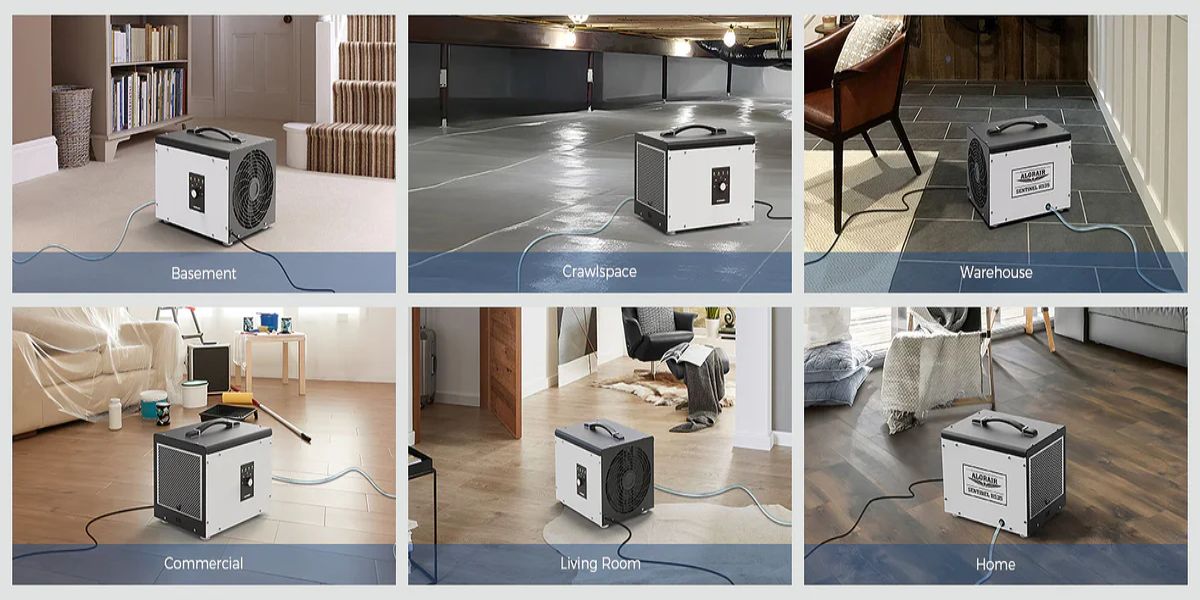
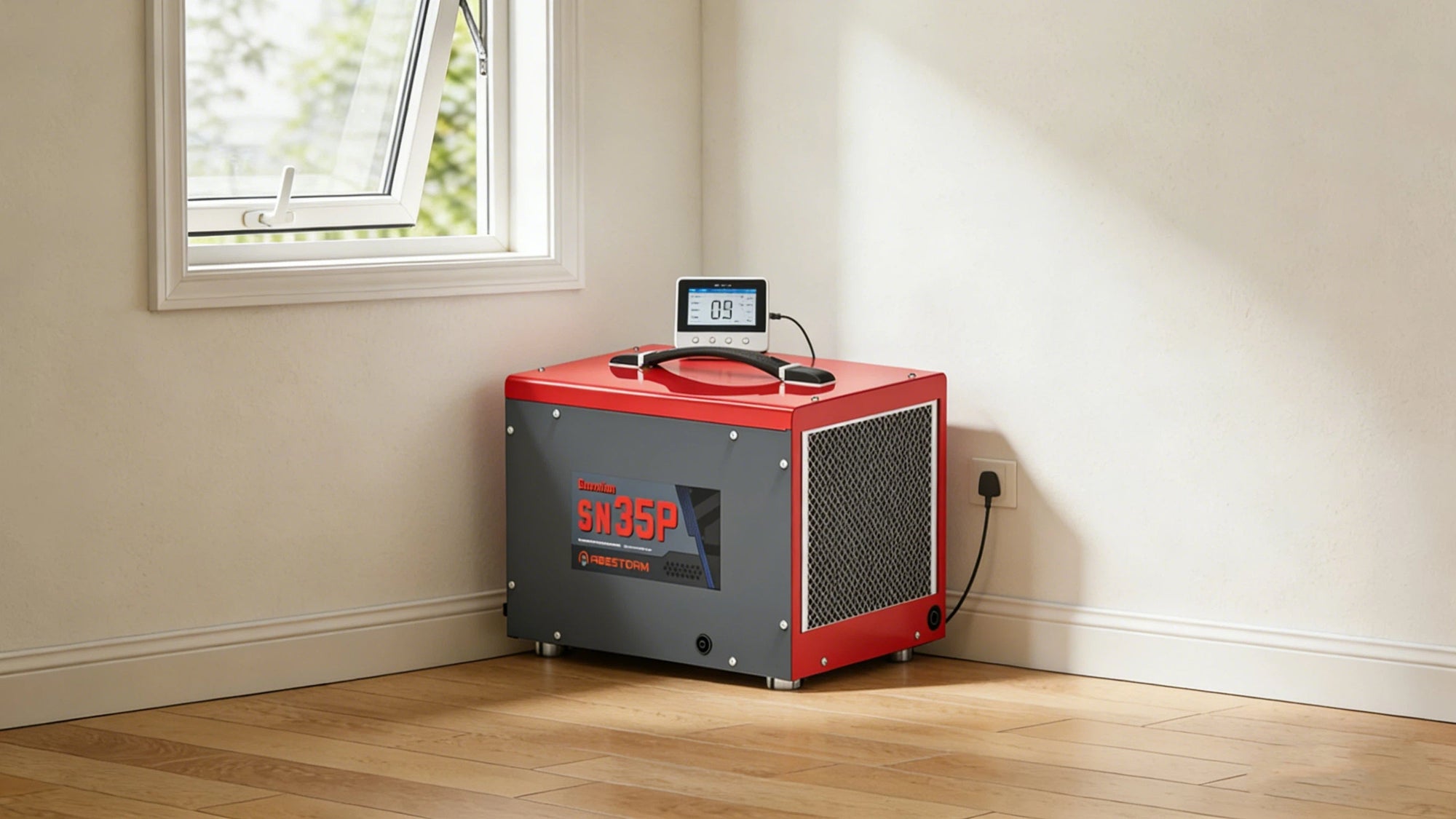
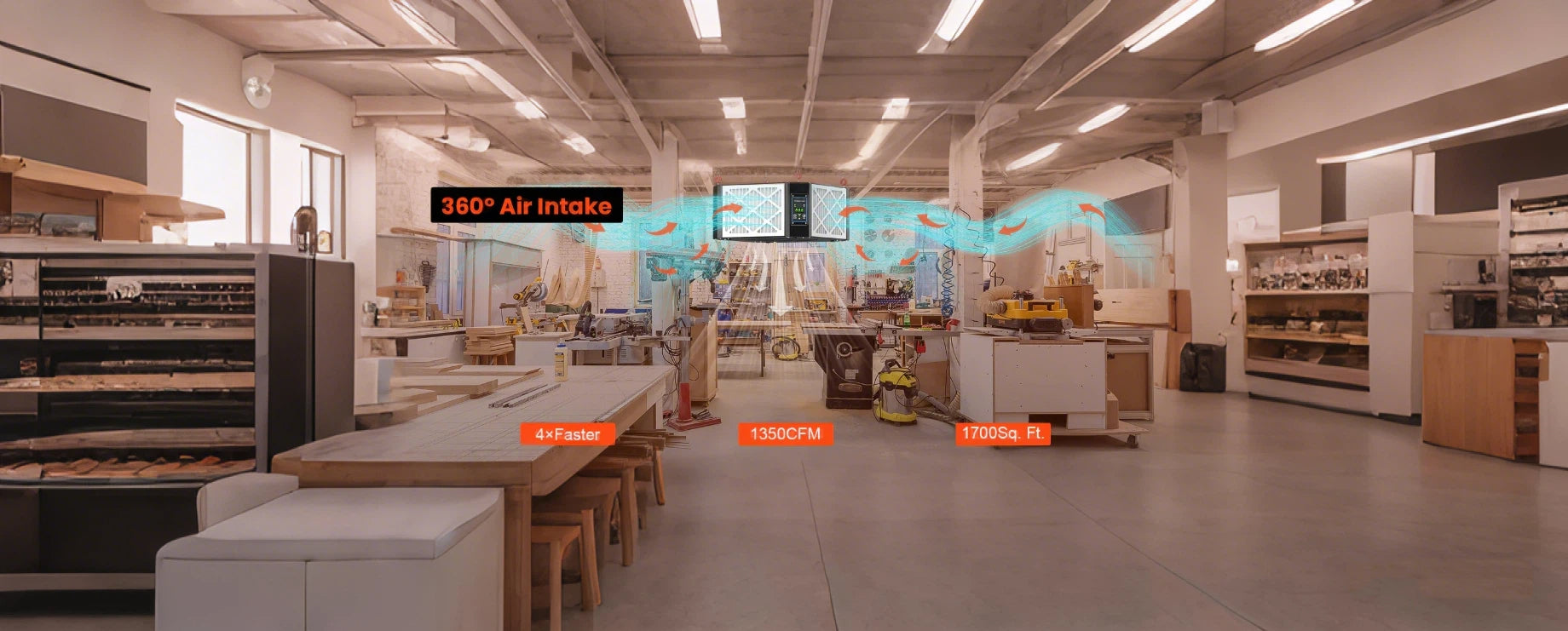


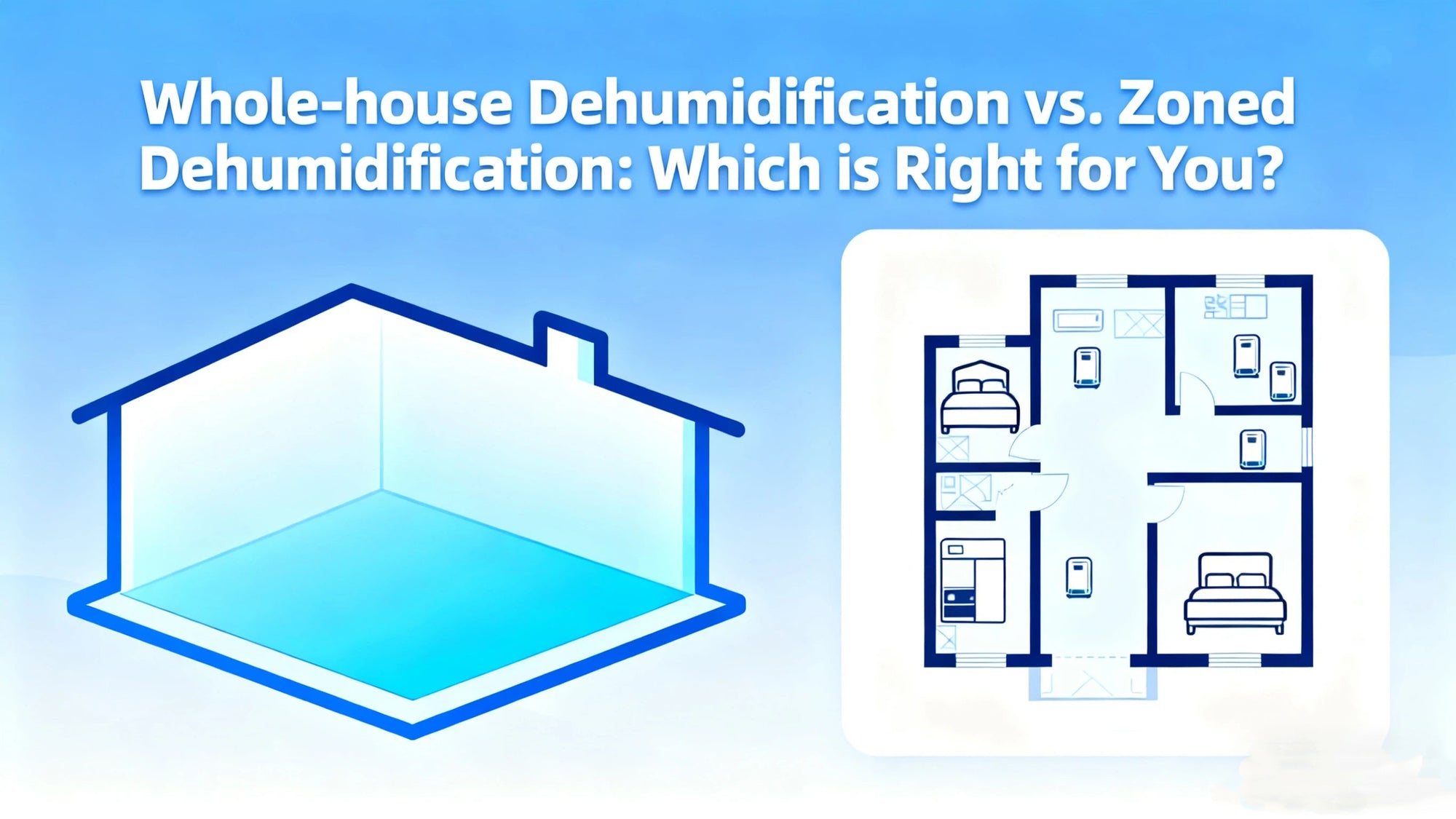
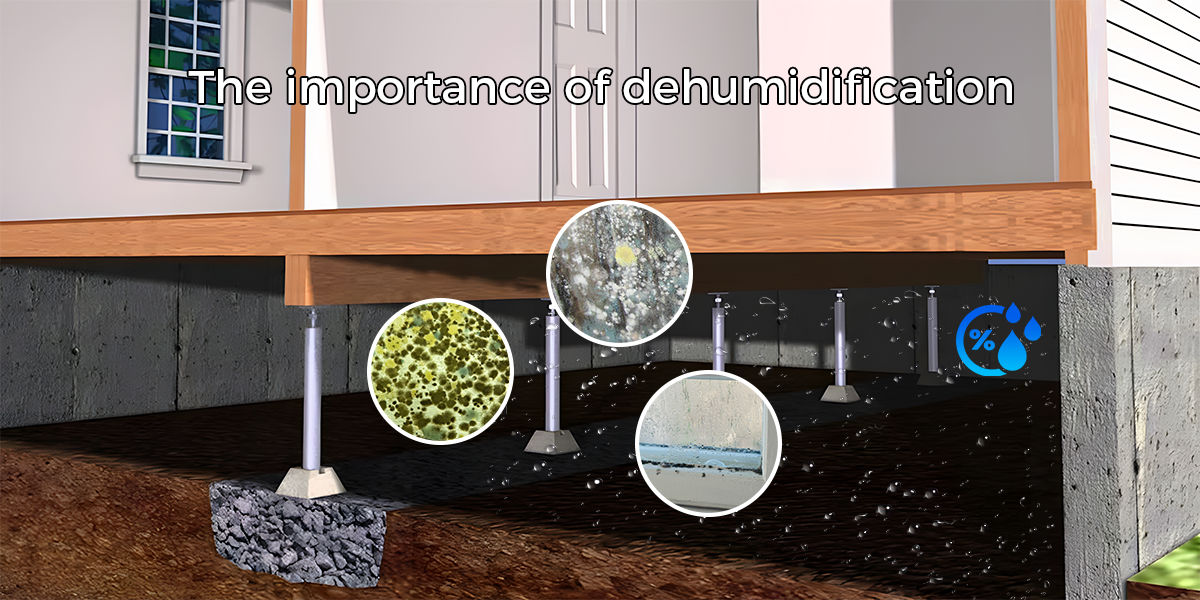
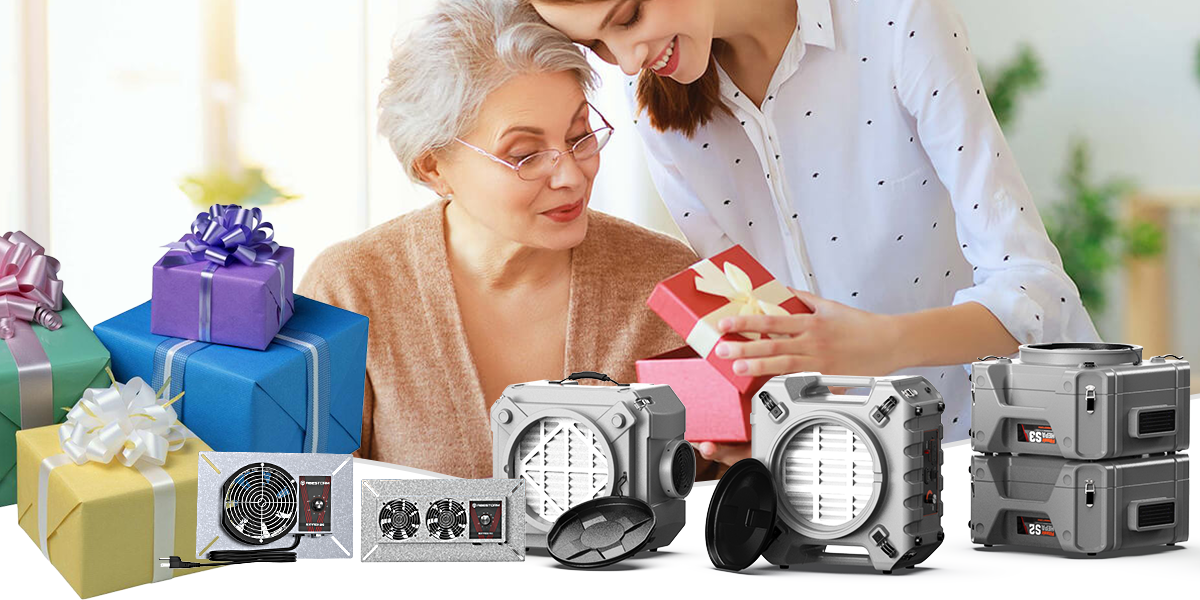
Shop For Dehumidifier
Abestorm 170 PPD 2,100 Sq.Ft Commercial Dehumidifier with Pump and Drain Hose | Hurricane 800
Abestorm 180 PPD 2,300 Sq.Ft Commercial Dehumidifier with Pump and Drain Hose | Hurricane LGR85
Abestorm 264 PPD 3,000 Sq.Ft Commercial Dehumidifier with Pump and Drain Hose | Hurricane 125P
Abestorm 180 PPD 2,300 Sq.Ft Commercial Dehumidifier with Pump and Drain Hose | Hurricane 850